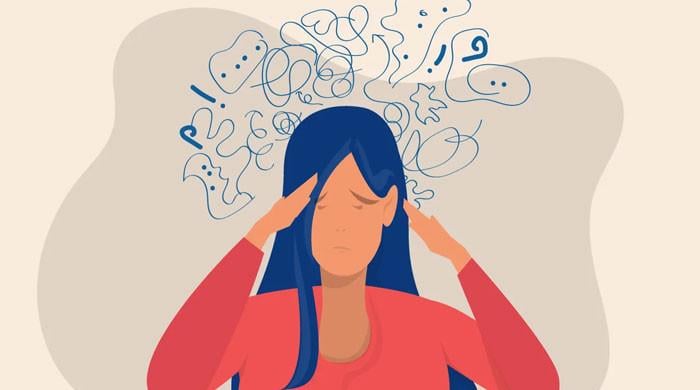Signs of eating disorder, what to look out for
Eating disorders can get out of hand and result in devastating consequences if not caught on time
While ailments such as the common cold or cancer have indicators that can often make it easy to catch early on, an illness like eating disorder can be a deadly one as its catastrophic side effects only appear once its too far gone.
Eating disorders is one such ailment that creeps up slowly and seeps into one’s life in such a way that they might not find their behaviour problematic.
When one’s ability to function in day-to-day life begins to falter, due to the unnatural deprivation of food, their condition is usually too far gone which often requires a painful rehabilitation.
For those wondering if they are at the risk of an eating disorder would need to ask themselves some vital questions in order to gauge their risk for the illness.
Do you have a realistic diet and eating habits?
Eating certain foods at a certain time may be a healthy way to ensure a balanced diet, but it can easily be taken to extremeness if you find yourself eliminating whole foods and eating in dangerously small portions.
Additionally, if you find yourself creating strict rules surrounding what to eat, how much to eat and when to eat, it is likely you’re on the verge or confirmed for a disorder.
Do you prefer to eat in isolation?
Understanding your social interactions surrounding food can be an eye-opening revelation of its own.
Those that struggle with disordered eating will often go to extreme lengths to avoid social situations that involve dining out largely due to their struggles around having control over the setting.
Often times, social interactions can be a source of anxiety and will see an individual pull away from such gatherings that can make them uncomfortable.
Do you exercise excessively?
Instead of using exercise as an outlet to remain healthy, it is largely implemented as a corrective measure to burn calories and compensate for their already minimal intake.
This behaviour often goes hand-in-hand with tracking calories and obsessing over eating the bare minimum in order to barely survive.
Do you micro analyse your appearance?
Disordered eating is often linked to body image issues. The end goal of such a lifestyle is to attain an unrealistic shape and size that is often achieved to extreme deprivation and malnutrition.
Often times, individuals find themselves focusing on certain parts of their body and ensuring their weight remains at a certain threshold.
If the results are not satisfactory then they often punish themselves by exercising excessively or taking worrisome measures in order to ensure that they achieve their desired results.
-
Benefits of magic potion that is Apple Cider Vinegar
-
Why too much caffeine can jeopardise your health
-
Refreshing and Nutritious: Healthy Drinks for Your Perfect Lifestyle
-
What is Cortisol belly? How can you get rid of it?
-
Top five reasons to add oats in your beauty regime
-
Power of Sunblock: Your Key to Radiant Skin and Healthier Living
-
Impact of Flavonols on mortality rate, cancer, cardiovascular disease
-
Cosy Cardio: Comfortable fitness trend anyone can follow












